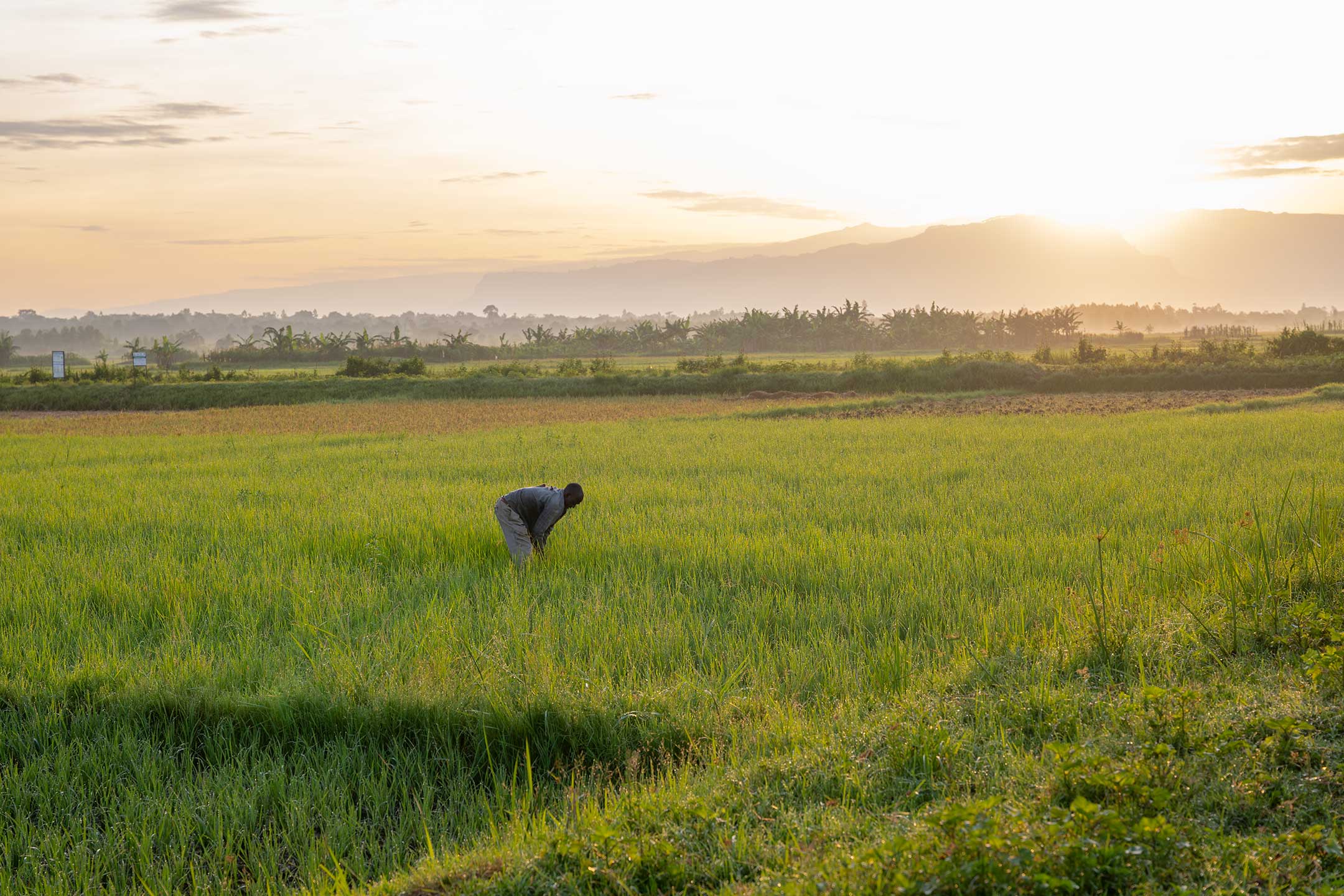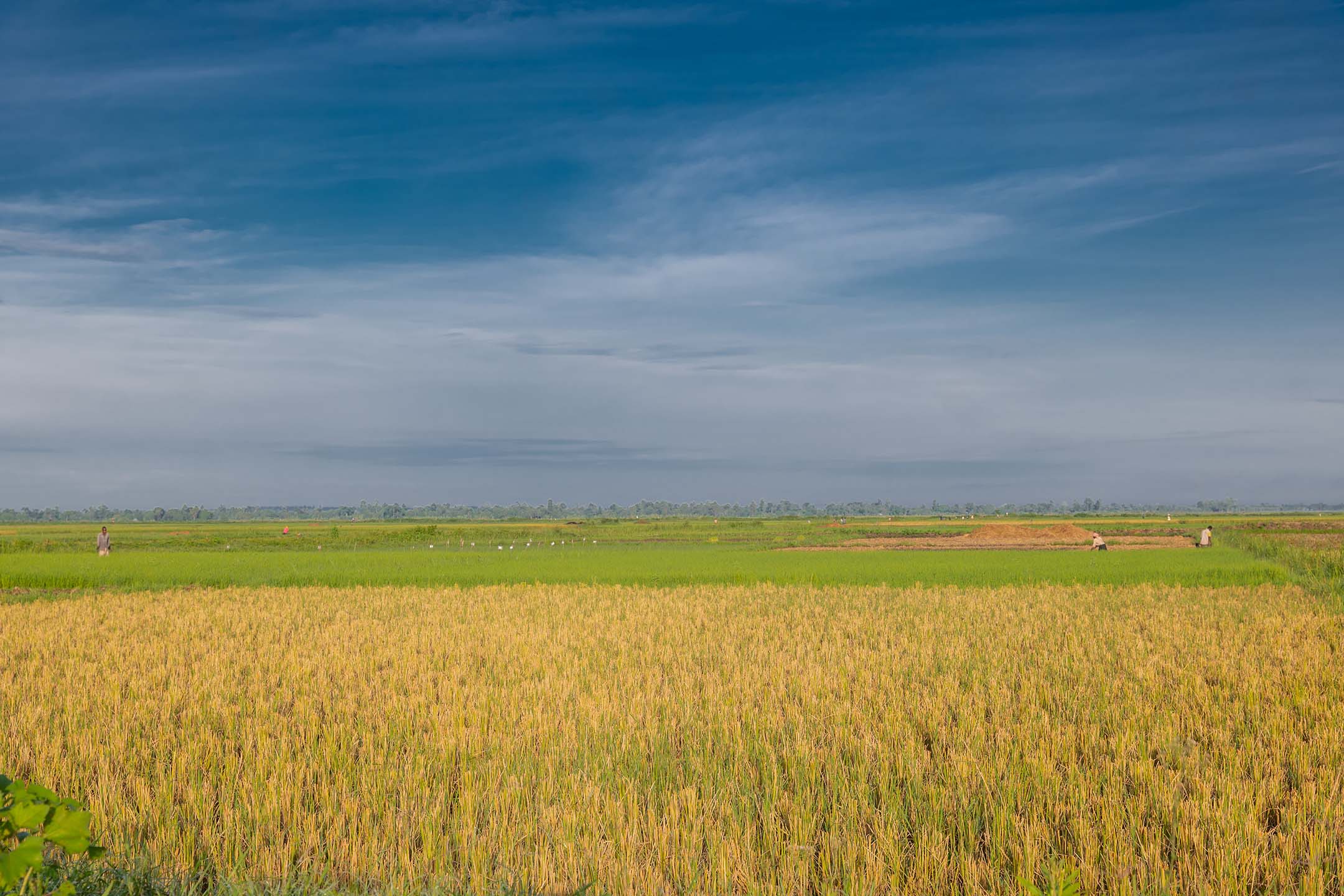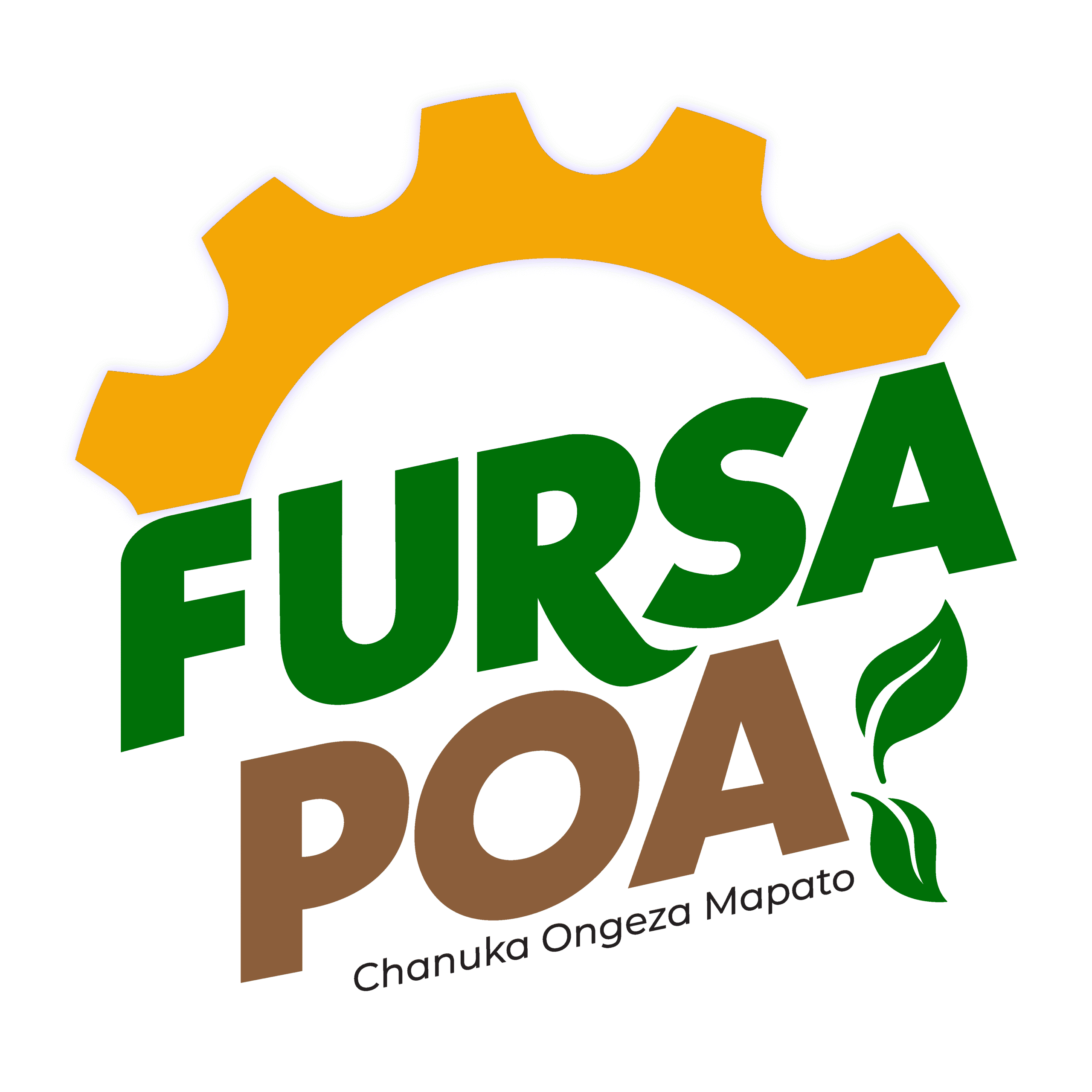Project Details
Subject
Location
Partners
Value Chain
Background
Malnutrition and non-communicable diseases (NCDs) pose major challenges in Kenya’s rural tea farming communities. From 2018–2020, the TEAFAM project, led by KTDA Foundation and supported by GAIN, aimed to improve dietary diversity among smallholder families across four counties. CBCC Africa implemented experiential learning components using evidence-based SBC methods grounded in human-centered design. Key activities included training food micro-entrepreneurs and conducting participatory cooking demonstrations. These interventions promoted practical nutrition knowledge and healthy diets. The project also focused on group-based behavior change communication, private sector advocacy, and evidence generation to support sustainable improvements in community nutrition and inform wider sectoral learning.

Goal
Improve dietary diversity and nutrition practices among smallholder tea farming families in four counties through experiential behaviour change communication.
Target Audience
Smallholder tea farming families with children under 5 years.
Implementation
Training of food micro-entrepreneurs -Training of food micro-entrepreneurs aimed to equip kiosk and stall operators with essential nutrition and business knowledge to positively influence community food choices. Conducted at Chinga (Nyeri) and Kapkatet (Kericho) tea factories, the sessions targeted actors across various food value chains. Using adult learning techniques such as group discussions, demonstrations, and role plays, the training covered topics including business planning, understanding customer nutrition needs, and linking business objectives with community health promotion.
Participatory cooking demonstrations – Participatory cooking demonstrations were conducted to enhance dietary diversity and nutrition skills among tea farming households, particularly those with young children and at risk of NCDs. Sessions took place in Chinga (Nyeri) and Mogogosiek (Bomet), involving gender-balanced participant pairs preparing meals tailored to specific dietary needs. Facilitators guided recipe refinement, while non-cooking participants received nutrition education. The approach emphasized cultural relevance, active facilitation, and alignment with household goals, supported by local health systems.

Achievements and Results
The training of 90 food micro-entrepreneurs in Chinga and Kapkatet enhanced their knowledge in nutrition, business planning, and community health promotion. Participants showed 100% satisfaction, strong message recall, and intent to implement changes, such as value addition initiatives. Participatory cooking demonstrations reached 200 tea farmers, boosting knowledge of dietary diversity through hands-on meal preparation and nutrition education. Participants reported increased confidence in household food practices and spousal support for nutrition efforts. Both interventions demonstrated high engagement, cultural relevance, and effectiveness in promoting behavior change, supported by local health structures and aligned with both business and household nutrition objectives.
Conclusion
The TEAFAM project’s experiential SBC activities underscore the importance of community-centered, interactive approaches in promoting dietary change. Training micro-entrepreneurs as nutrition advocates and engaging farming households through practical cooking sessions proved effective in increasing knowledge, changing attitudes, and motivating healthier food choices. These findings suggest that similar models can be replicated across other agricultural settings to advance public health nutrition goals.
